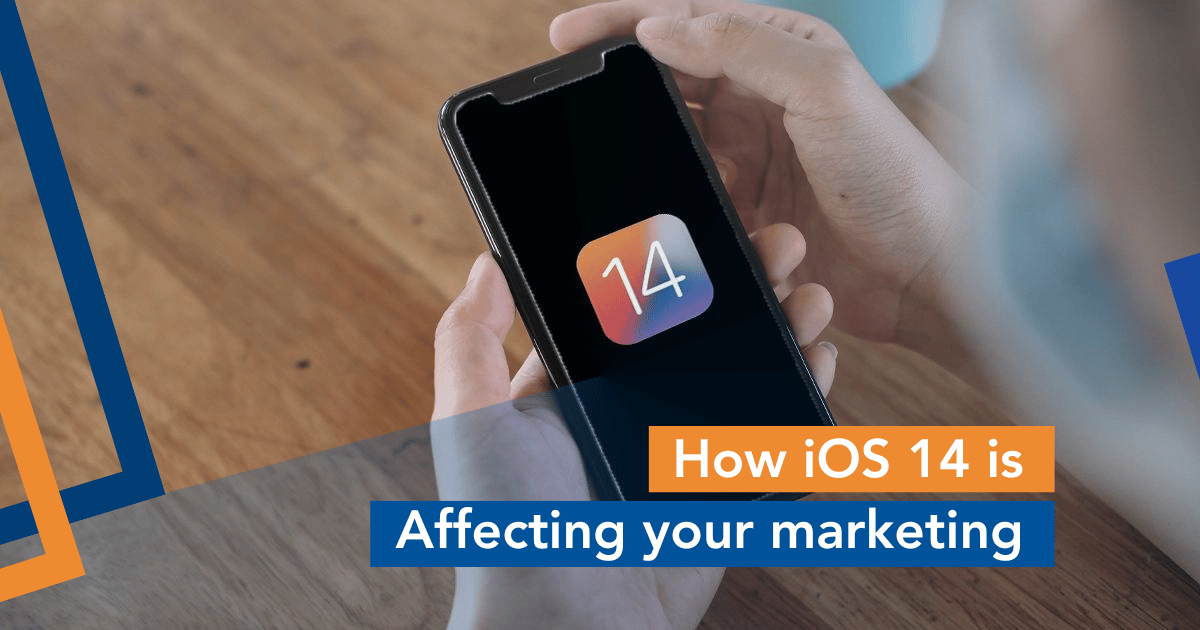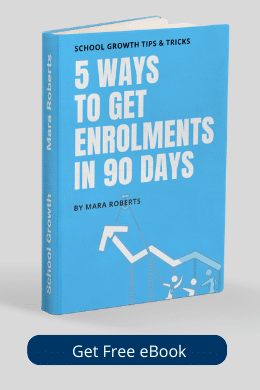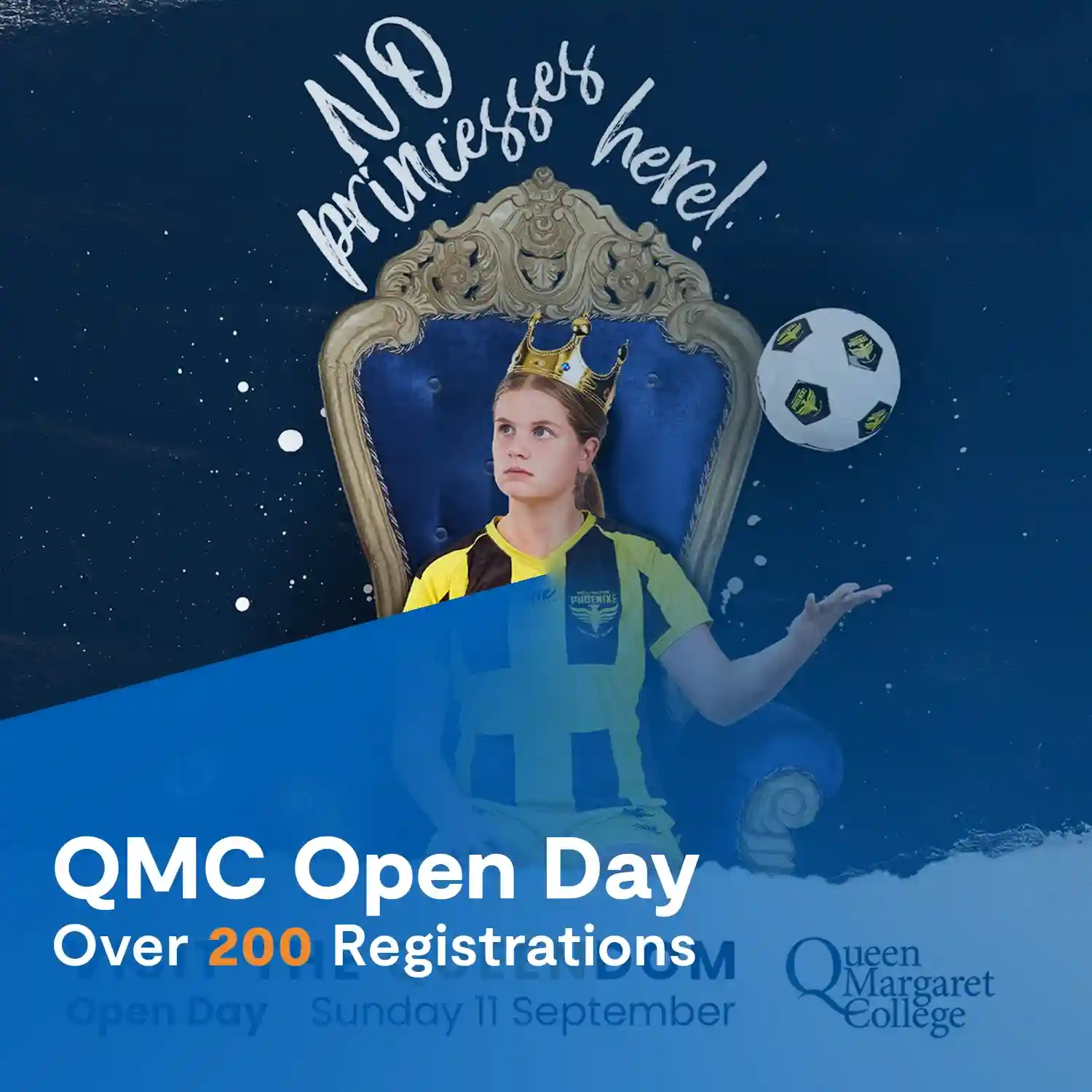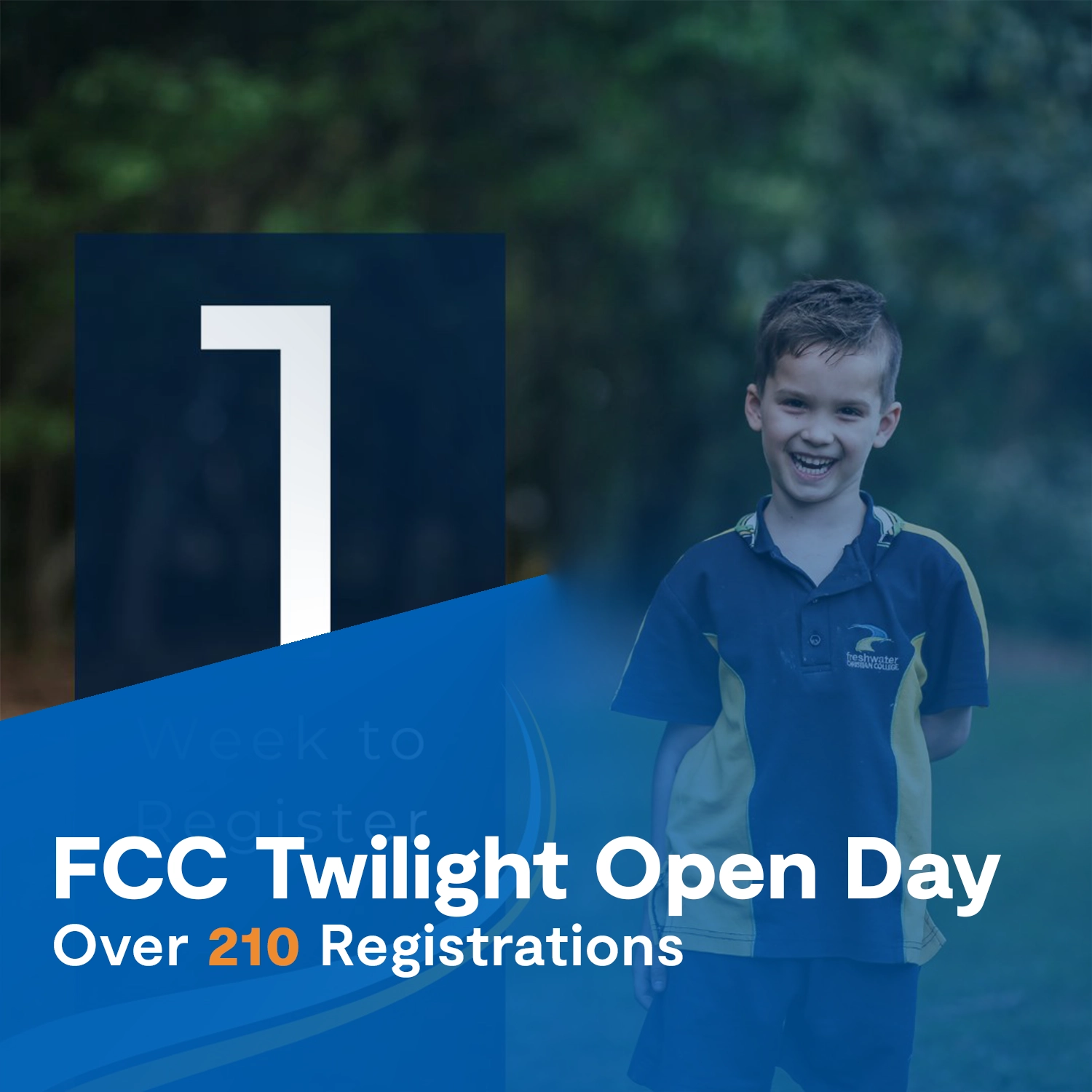There’s been a lot of talk in the digital space about Apple’s iOS 14 update and how that relates to Facebook Marketing. To summarize, Apple announced changes with iOS 14 earlier this year that has had an industry-wide impact on businesses that use mobile apps and web conversion events to optimize, target and report.
This has impacted the way in which Facebook is able to receive and process conversion events from tools like the Facebook pixel. Until implementation, Apple device owners were automatically opted-in for tracking but had the option to opt-out. Now, following the update to iOS 14.5, iOS users are given more control and are prompted and asked if they would like to be opted into being tracked, with the default now being opt-out.
How It affects your Facebook marketing
Facebook is a mobile-centric advertising platform. Now that they’ve lost the ability to track a large segment of their mobile traffic reliably, this results in the following:
Delayed reporting for conversions
Real-time reporting will not be supported, and data may be delayed up to 3 days. Web conversion events will be reported based on the time the conversions occur and not the time of the associated ad impressions.
Smaller retargeting audiences
As more people opt out of tracking on iOS 14 devices, the size of your website Custom Audiences may decrease, reducing the ability to create personalised ads to audiences.
Shorter attribution windows
The default for all new or active ad campaigns will be set at a 7-day click or 1-day view attribution window instead of 28 days.
How to check if you are IOS compliant
If you optimize, target or report on web events from Facebook pixel or any of our other business tools, you can take steps to update your event setup and manage these changes.
1. Complete domain verification.
All businesses should verify their domain as a best practice. Domain verification is a way for you to claim ownership of your domain in Business Manager. Domain verification needs to be done for your primary domain.
2. Plan to operate with 8 conversion events per domain.
Once domain verification is complete, you must use the Aggregated Event Measurement tool within Events Manager to set up the events that you want to track and their corresponding priorities. You must define up to eight conversion events, that can be standard events or custom conversions, per domain. When a user completes multiple actions within a conversion window, the highest priority event will be counted, and the lower-prioritized events will not be counted.
3. Select a single domain for conversion tracking.
You won’t be able to track events for an ad across multiple domains if those ads were shown to a user that opted out of the Apple prompt on the Facebook or Instagram app on that device.
How to plan around it and what you can do?
Test new audiences and diversify your targeting
Here are some alternative targeting strategies to consider in your Facebook marketing:
- Use a broad audience or a lookalike audience
- Use targeting expansion
- Leverage retargeting data sources, such as:
- Custom audiences based on emails/phone numbers, etc.
- Engagement based on people who have interacted with your ads
- Video based on people who have watched a certain percentage of your pages video ad content.
Test new optimisation events
By being limited to only eight events, this may force you to determine new best practices on how to optimize your campaigns. If you previously optimized your campaign with low-funnel custom conversions, you may need to test broadening your optimization events to less-granular or higher-funnel actions to encompass more website touchpoints. And if you haven’t switched to campaign budget optimisation (CBO) yet, then now may be a good time to let Facebook’s machine learning take some of the guesswork out of optimizing your campaign.
Create campaigns outside of the conversion objective
Use On-Facebook lead generation tactics such as forms or messenger for more reliable results.
The future of Facebook Marketing – Moving towards a cookieless future
Tracking cookies are a vital part of advertising, as it provides valuable insights into what a user is looking at or is interested in on the internet. Cookies have helped advertisers make ads and target relevant audiences for years now. Unfortunately, with the rise in data privacy laws, there will be new laws and regulations in place that will prevent advertisers from viewing and using user data.
Major platforms like Firefox and Apple have already done away with third-party cookies, and now Google has announced that they will be taking the steps to block third-party cookies tracking as well. Although it’s not the most ideal situation, there are a few workarounds that we know about at the moment to get ahead of it.
Implement the Conversions API
Conversions API allows businesses to share their data directly from their servers instead of relying on web browsers. The Conversions API is also built to respect Facebook users’ privacy preferences and will enable the next generation of personalised advertising on Facebook. We recommend that advertisers become early adopters of Conversions API to better understand and prepare for the evolving landscape. You should still utilize the Facebook pixel as a compliment to Conversions API in your Facebook marketing.
Master your own data
Start investing in collecting, segmenting and leveraging your data
Diversify your digital marketing channel mix
De-risk yourself on an overreliance on a single platform. Email marketing gets you closer to you customer and allows you to leverage your own first party data making you future resilient.
As advertisers we simply can’t fight the tide turning against data-tracking, we must prepare as best we can and adapt. The cookie less tracking techniques that we have now will only evolve, and the more we learn, the better our methods and strategies will become.
Questions regarding this article? Please email me at mara@robertsdigital.com.au








